
What is HeatCOOP?
The project aims to research and develop a prototype of an innovative organisation model for decarbonisation of heat supply in urban neighbourhoods based on heating cooperatives (HeatCOOP). HeatCOOP centers the concept of collaboration within the organisational, legal, and financial frame of a heating cooperative, allowing broad participation in transformative processes.
Why HeatCOOP? Why now?
HeatCoops provide a solution to the challenges many urban residents are facing right now: Climate change due to excessive CO2 emissions and fossil fuel dependency on autocratic governments. By joining a HeatCOOP, residents collectively reduce CO2 emissions and end dependence on fossil fuels while saving on energy costs.
What are the goals of HeatCOOP?
The aim of the project is to develop innovative organisational models for the decarbonisation of heat supply in urban neighbourhoods and for Positive Energy Districts, starting from the cooperative model. The scope is to tackle organisational, financial, and legal obstacles and challenges in decarbonising existing neighbourhoods and solve them by founding energy transition cooperatives that focus on urban heat.
What are the challenges facing HeatCOOP?
In contrast to current energy communities that focus on power generation, high initial investment costs and co-ownership of the heating infrastructure pose a major challenge. To tackle these challenges, organisational and legal models as well as business and financial model are developed.
What is the methodology behind HeatCOOP?
Theoretical concepts and models will be developed during the HeatCOOP project via research and analysis, interviews, questionnaires, survey models and workshops. These theoretical concepts and models will be tested in three Living Labs in the participating countries of Austria, Czech Republic and Slovenia. Individual cooperatives for heating infrastructure will then be developed together with citizens from each Living Lab – based on templates. As we see a demand and a high market potential, we want to build on our findings and provide guidelines for future replication.
What are the planned results of the HeatCOOP project?
- Documentation of the existing technical concepts and organisational structures of the demo areas
- Collection of Best-practices projects and initiatives for district heating supply
- Handbook 1: Description of the administrative model of a heating cooperative
- Handbook 2: How to develop a business model for a heating cooperative
- Document with all relevant financial information and calculations for banks etc.
- Generic Action Plan
- Adopted statutes for the cooperative in the living labs
- Business plans for the cooperatives
- Operating concepts for the cooperatives
- Guidelines for the establishment of a heat cooperative
Project partners
realitylab
|
realitylab has been designing and facilitating social processes in housing and urban development for over 20 years, including the establishment of sustainable resource communities (e.g. PEDs). They are the project coordinator and leader of WP 4 focused on “Participative implementation of the heating cooperative”.
realitylab.at |
e7
|
e7 is a private research and consulting organization focused on devising novel energy solutions for buildings and districts. They are responsible for developing technical concepts for heat supply scenarios for demonstration cases in Austria and estimating the Life Cycle Costs of supply scenarios.
www.e-sieben.at/en/ |
REENAG
|
REENAG Holding is a project development company for renewable energy and energy efficiency projects. They will focus on ensuring the conversion to renewable energy sources in buildings is legally and financially viable, by applying development, modeling and financial analysis methods generally used in renewable power plant projects.
reenag.com |
Jožef Stefan Institute (JSI)
|
The Energy Efficiency Centre of the Jožef Stefan Institute (IJS) is primarily focused on strategic energy planning and supporting policy makers in the fields of energy efficiency, RES, and
GHG emission reductions. IJS is responsible for evaluating the project's implementation phase. www.ijs.si |
SEVEn, The Energy Efficiency Center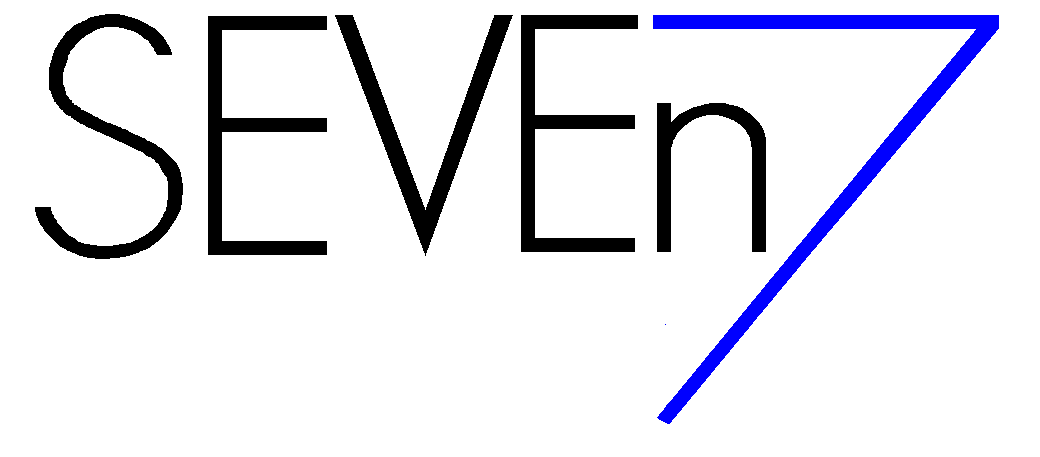
|
SEVEn, The Energy Efficiency Center is a non- profit consultancy. Our mission is to protect the environment and support economic development by encouraging more efficient use of energy. We focus on business development and cost- effective use of energy, employing our knowledge of CEE economies along with experience of other European countries. www.svn.cz/en |
Czech Technical University in Prague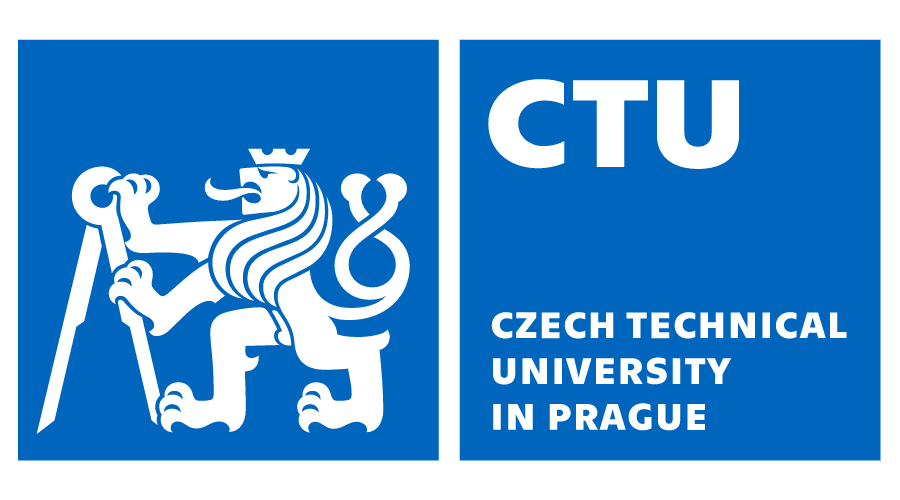
|
Czech Technical University in Prague (CTU) is a leading technical research university with a long tradition and is the oldest non- military technical university in Europe, founded in 1707. www.cvut.cz/en |
Funding

|
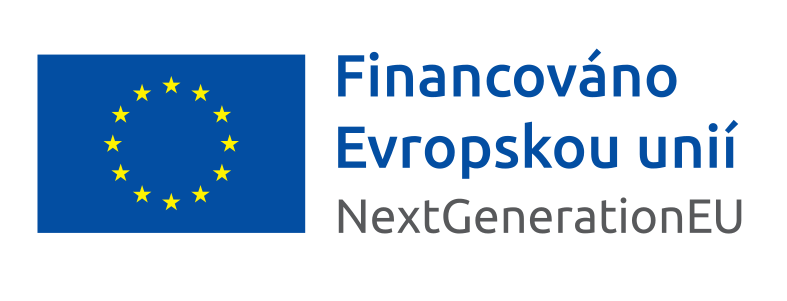
|
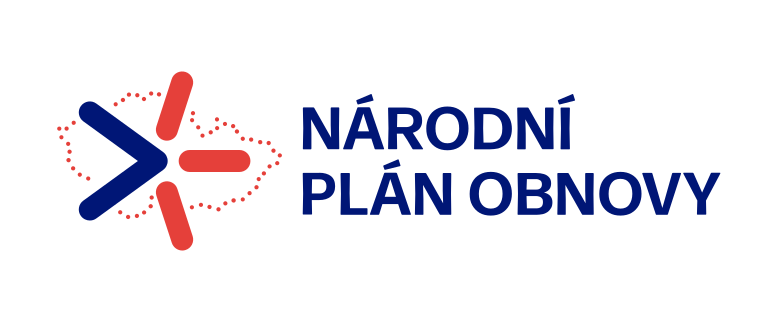
|
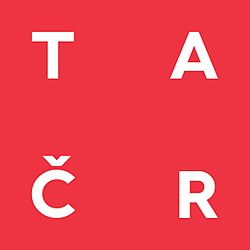
|
The project TH84020001 „Decarbonising cities through shared heat production and distribution“ (HeatCoop) is co-financed with state support from the Technology Agency of the Czech Republic under the Driving Urban Transition Programme. The project was funded under the National Recovery Plan from the European Recovery and Resilience Facility.
